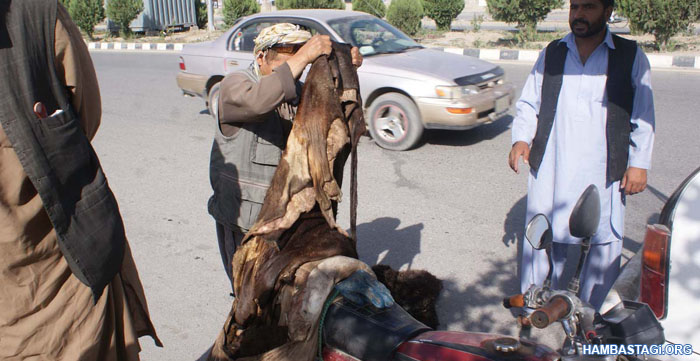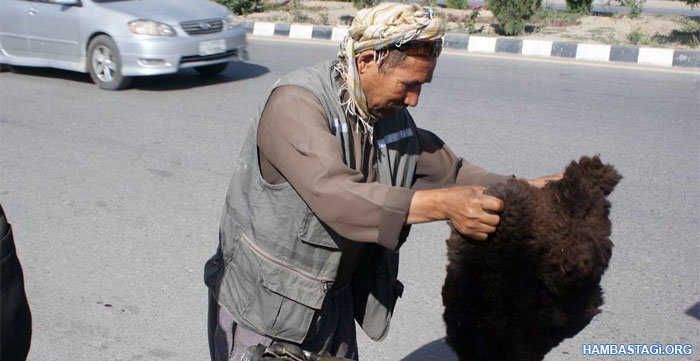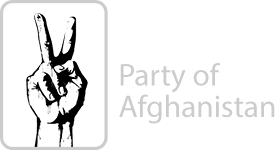Ramazan, a victim of the four decades of war and horror
- Category: Reports
- Written by Kawa Azem
- Published: Friday, 26 June 2015

Ramazan, a 53-year-old man left school when he was in the eighth grade during Daud Khan’s regime. He was not able to get a job in the government due to ethnic discrimination dominant at that time, so he was forced to work as a cleaner and transporter to help his family. Later, he started learning work in a butcher shop. Ramazan was the oldest child of his family who had to take charge of his family when his father died. Ramazan recalls that he would bring home the fat, rumen and intestines of the butchered animals from the shop to feed his family. They spent years this way.
After the overthrow of Daud’s government by Taraki, the situation of Afghanistan began to deteriorate worse than before. Many opponents of the puppet regime were tortured and killed under the pretext of being bandits or anti-government. Ramazan says that he lived in fear at that time, “Every day we thought that it is now our turn to be taken to prison or sent to war.” The Soviet invasion inflamed the war which made life harder for the poor people. He added, “We thought that such horror and cruelty does not occur in any other part of the world, and that it would not be repeated ever again. But we were wrong.”

Ramazan continues his conversation with a load of grief, “Those days passed, but soon after the end of Najib’s government the Jehadi groups did things no living being could stand to see. They dishonored people, stole people’s belongings, and killed many poor people for being Hazara, Uzbek or Pashtun. We lived in Pul-e-Sukhta and could not go to Kot-e-Sangi. We were imprisoned in our houses for days at end. We would go out to buy food whenever the fighting stopped for a while. The costs were high and there was no work. We were forced to sell our possessions to continue living.”
Ramazan has bitter memories of the Taliban’s terror and barbarism. He recounted, “One day my wife was sick and I was taking her to a doctor. We were both very worried and deep in thought and did not notice a group of Taliban who came with their whips. Suddenly they started beating my wife. My wife was shouting in pain and I kept asking the Mullah (cleric) why they were beating her. He insulted me saying my wife’s feet could be seen from beneath her burqa.” Ramazan says that his wife was in shock after the beating and forgot about her illness. When they went to the doctor, she could not utter a word.
He also talks about the increase in prostitution and the Taliban’s involvement in it, “Poverty, joblessness, the rising prices forced people to to leave the country. Prostitution became widespread during the Taliban period. The women whose husbands had been killed during the Mujahideen period and did not have a breadwinner at home and who could not work outside were forced to work as prostitutes.”
At the beginning of Karzai’s regime, Ramazan bought a sugarcane machine sold its juice. This occupation too did not last long as he cut his finger while using the machine.
Ramazan is currently the breadwinner of a family of nine. He earns by selling sheepskin and calf skin. He buys each skin for 200 AFN and sells it for 220 AFN to a merchant. He sells six to eight skins every day and maintains his poor life.
Ramazan expressed his abhorrence for the elections and complained about the inflation, corruption and joblessness. While the condition of people is getting worse day by day and the food prices are increasing at a high rate, the poor people find it hard to afford a simple loaf of bread. The roadsides are full of unemployed workers. In this situation, traitors and opportunists are intrusively bargaining for more power in the future government so they can continue to toy with our people’s fate. As long as these criminals’ hands are not cut off from our people’s fate and as long as the Afghan people themselves do not struggle to attain their rights, this situation is not going to change.











